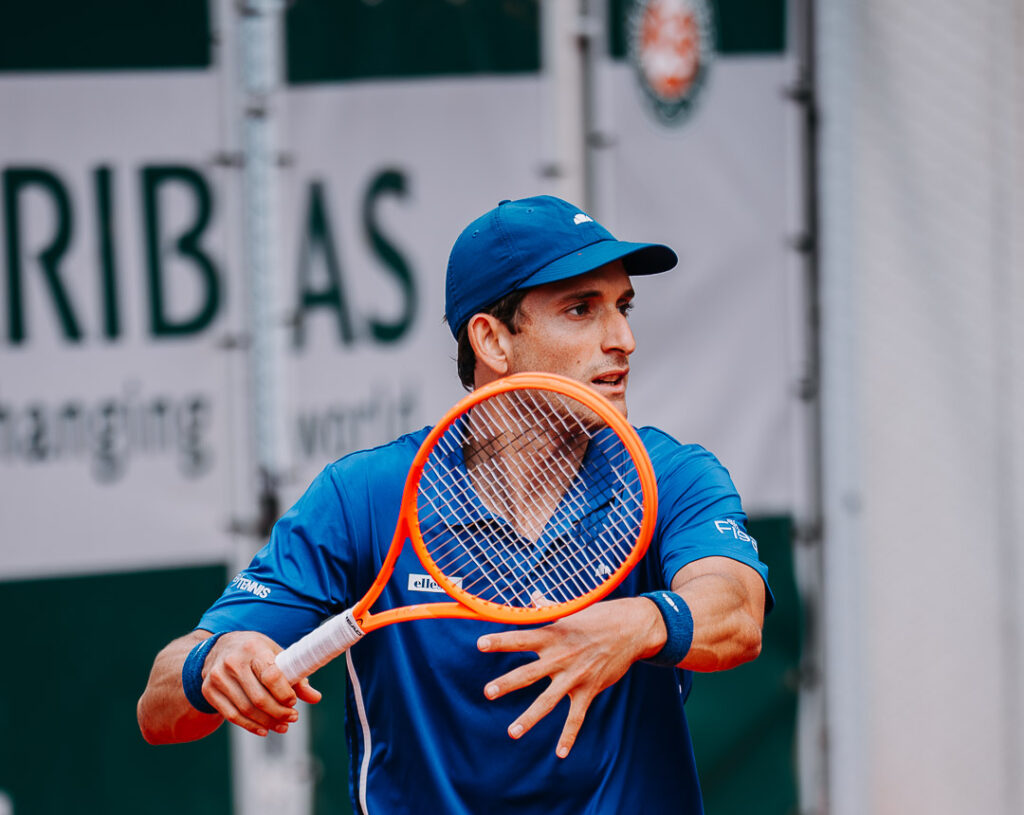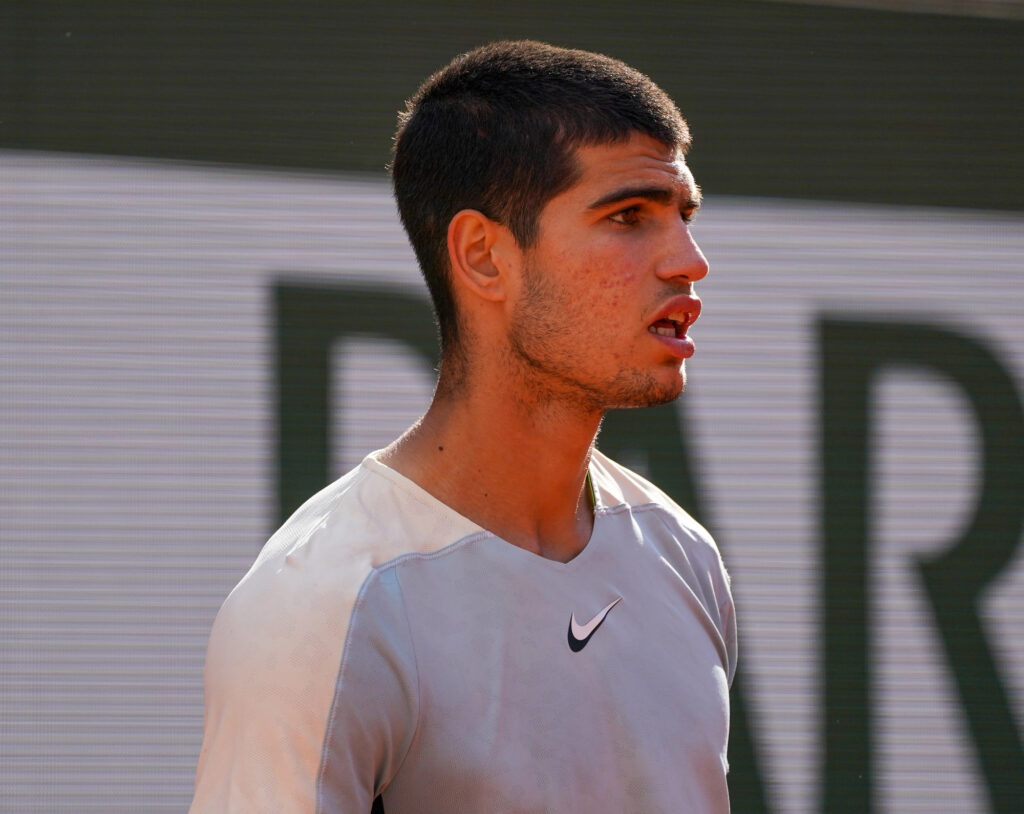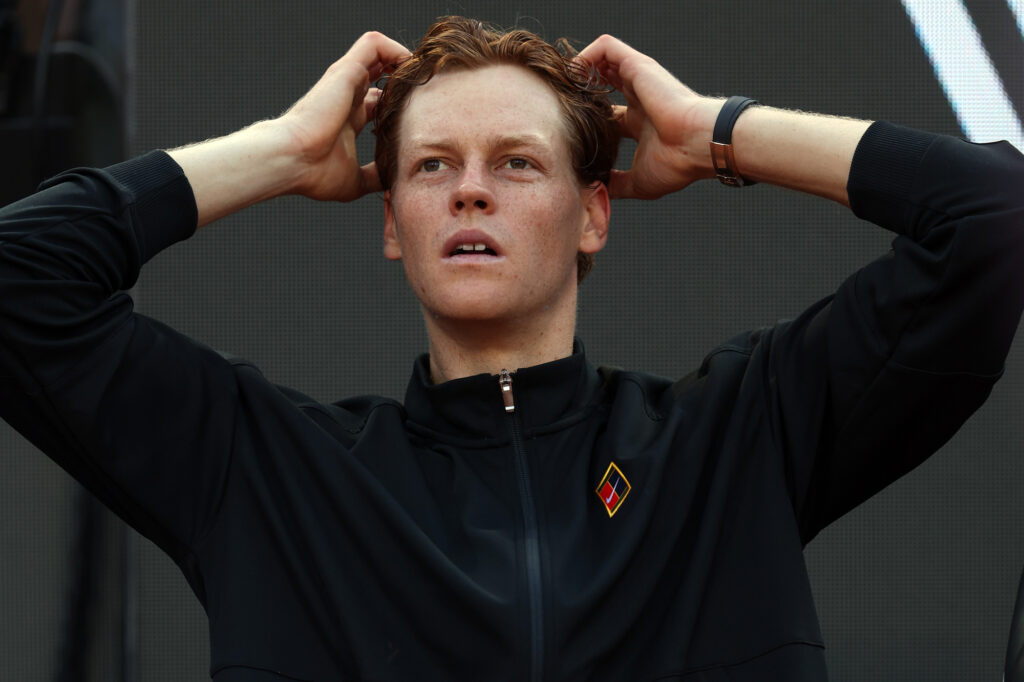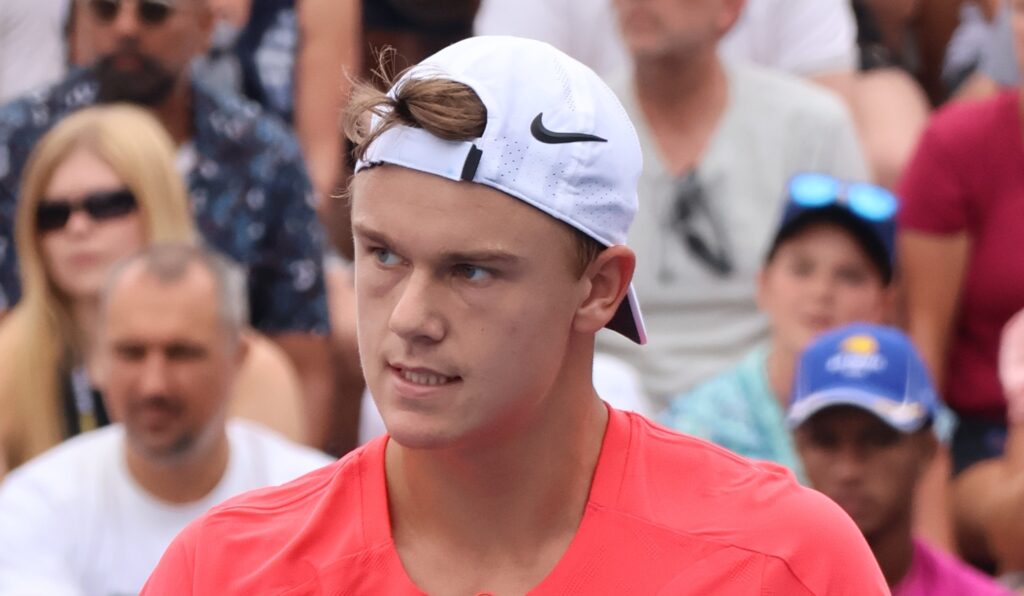Petra Kvitova left with dignity, but without the industry’s applause
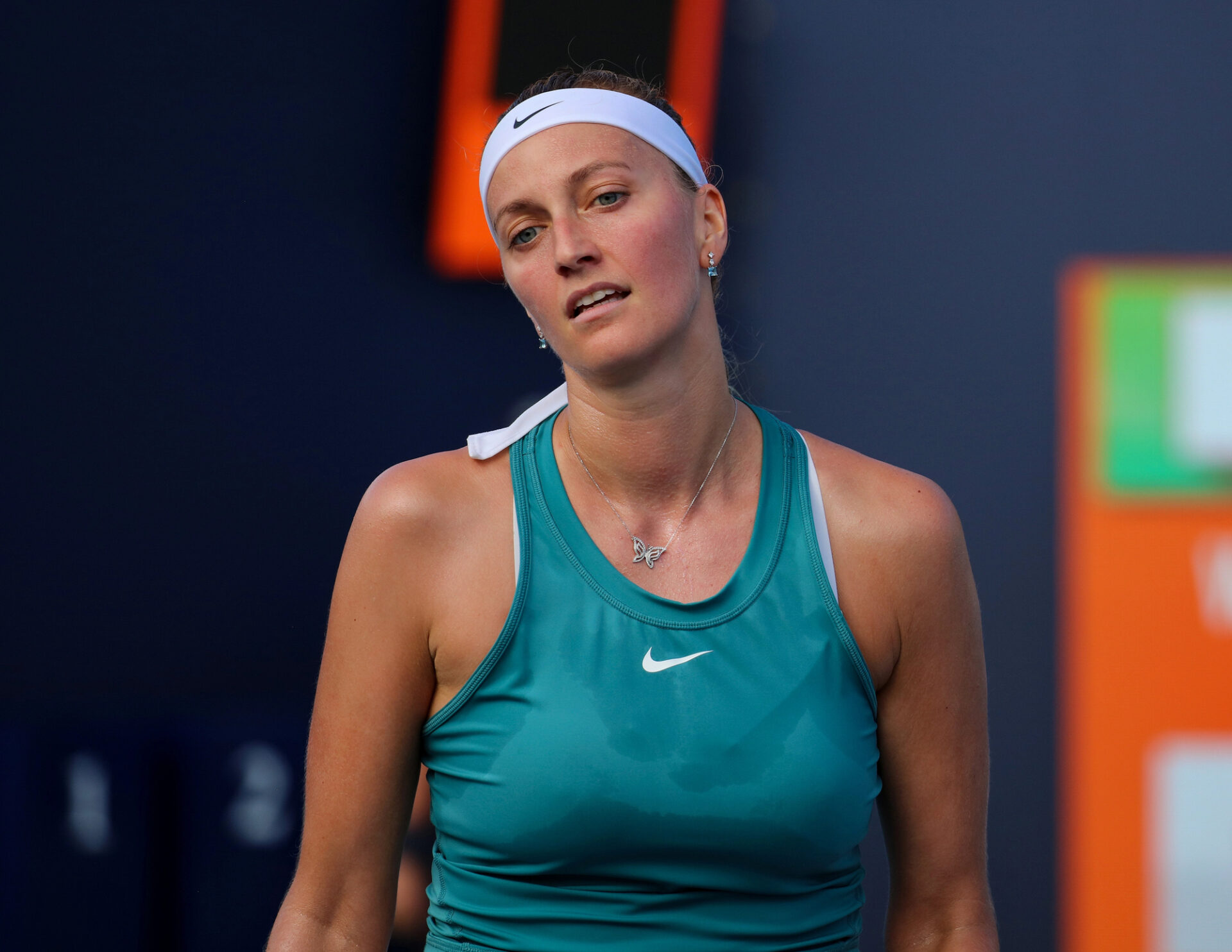
The Czech player, who turned 35 this year, announced her retirement after a first-round defeat at the US Open. A straightforward scoreline, a short press conference, some tears and applause – that was the end of a two-time Wimbledon champion. It was touching, but it lacked the scale her story could have carried.
Tennis knows how to turn farewells into spectacles. Serena Williams announced her “evolution” in Vogue and received a New York send-off worthy of Hollywood, complete with tributes, brand campaigns and global media coverage. Roger Federer staged his farewell at the Laver Cup in London — a carefully choreographed event where his last shot became a collective ritual. Rafael Nadal pointed out his final tournament well in advance, giving fans and sponsors time to prepare. These scenarios are more than sport: they generate ticket sales, merchandise, ratings and emotional capital.
Kvitova was never a global icon on that level. Her name rarely travelled outside tennis, and her endorsements were limited. Yet her story was stronger than her market reach. She came back after a knife attack and surgery on her hand. She won Wimbledon twice, becoming a symbol of classic grass-court tennis. She lifted more than 30 titles in total, and in recent years combined her career with motherhood.
That background could have inspired a more meaningful farewell: a tribute on Centre Court, a WTA mini-documentary, or at least a campaign under #ThankYouPetra. Instead, it ended with little more than a press-room announcement.
The industry once again showed that it celebrates only its global icons. Champions of the “second tier of legends” are left to walk away quietly, even though they sustain the tour between the great finals and give the sport its depth.
Kvitova left gracefully and with dignity. But for the tennis business, her goodbye was another reminder: respect for the game’s history should not end where the list of superstars does.

